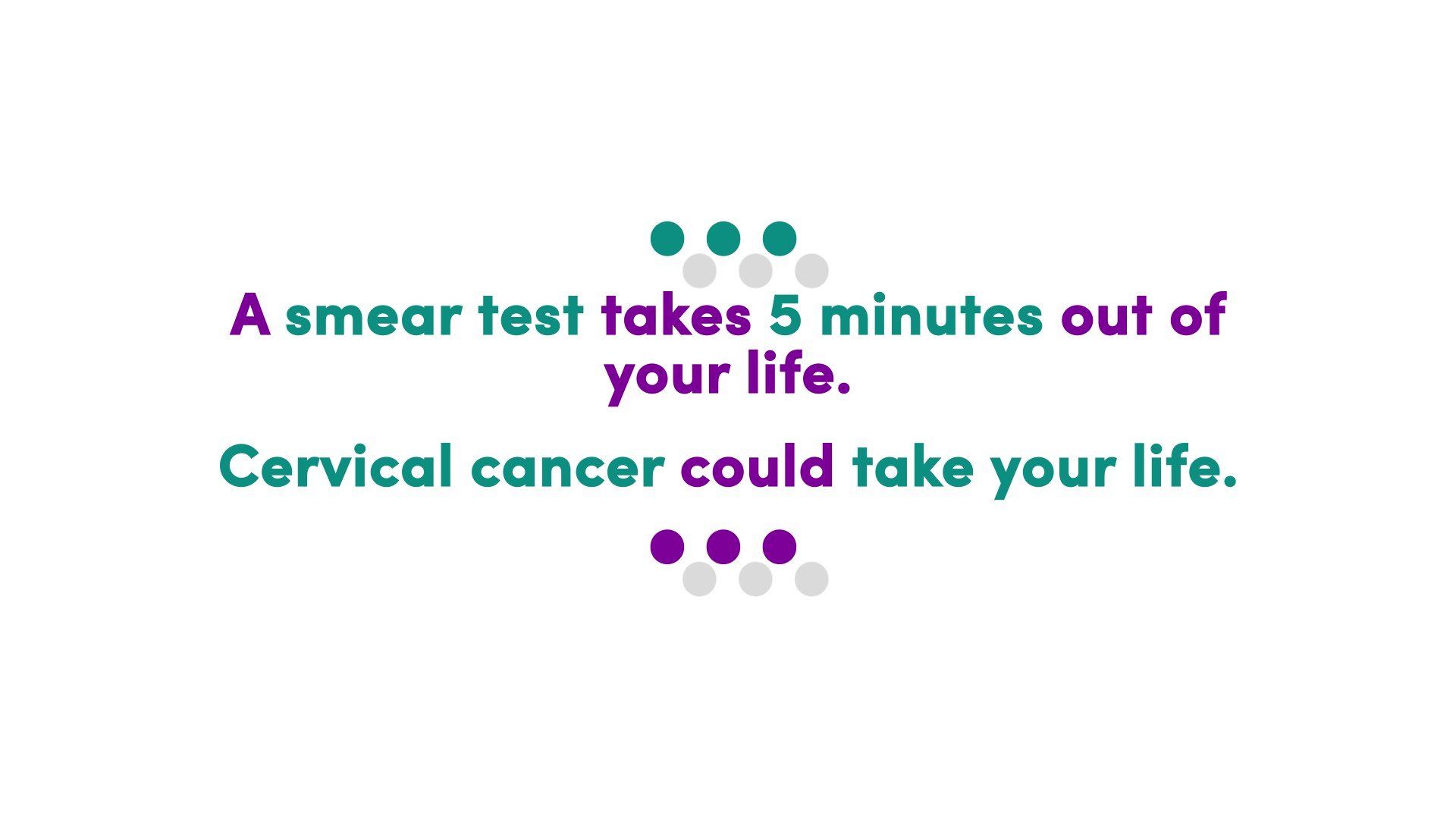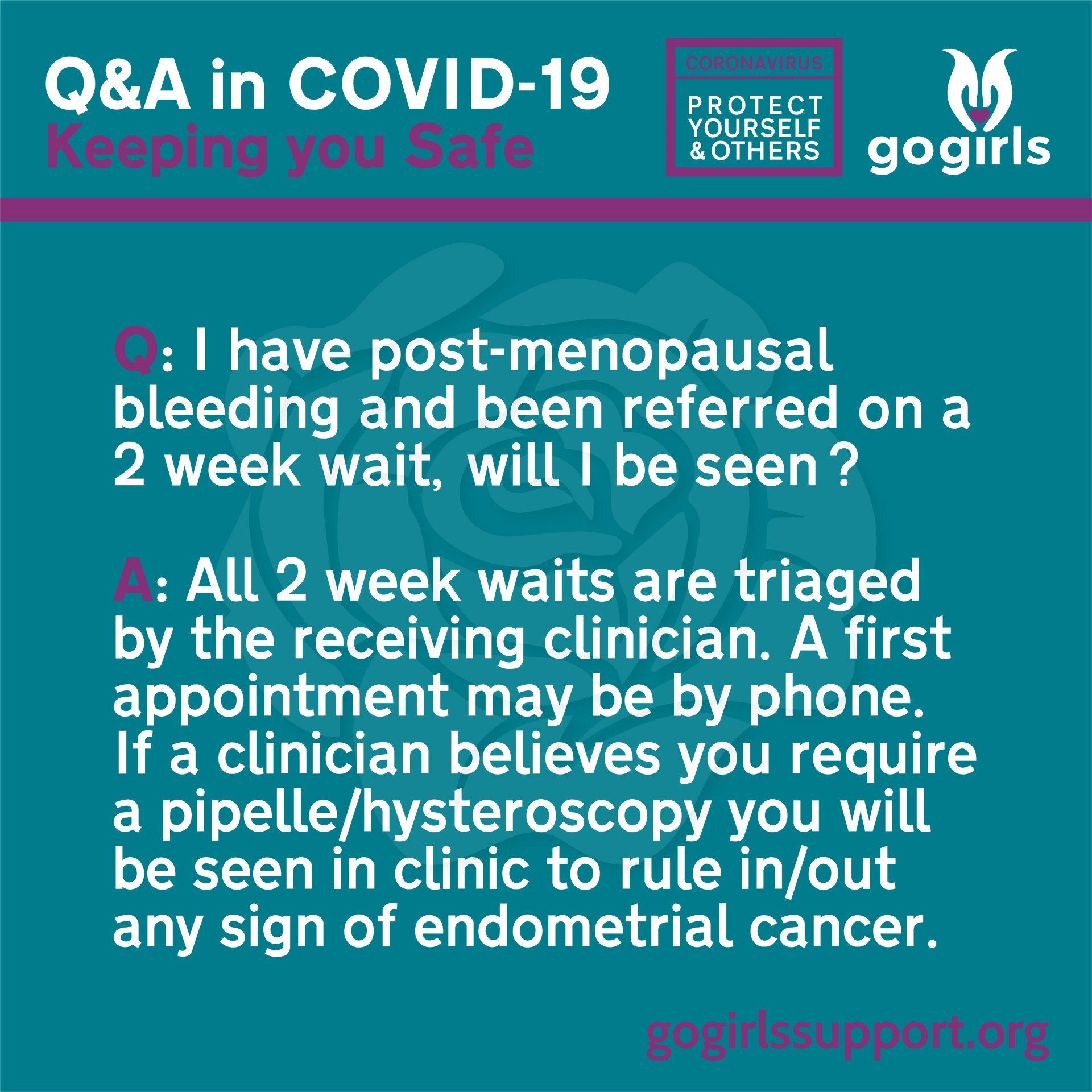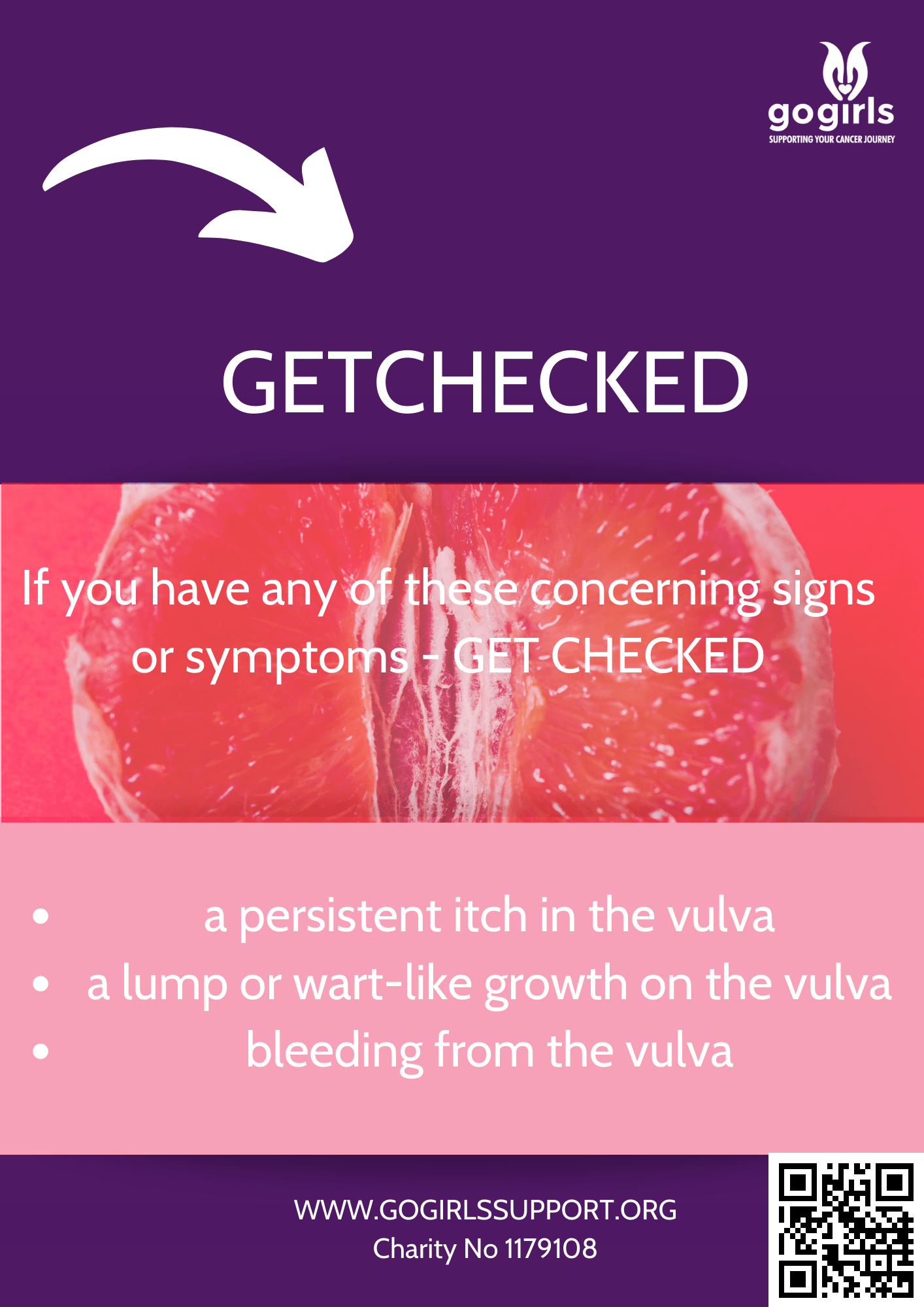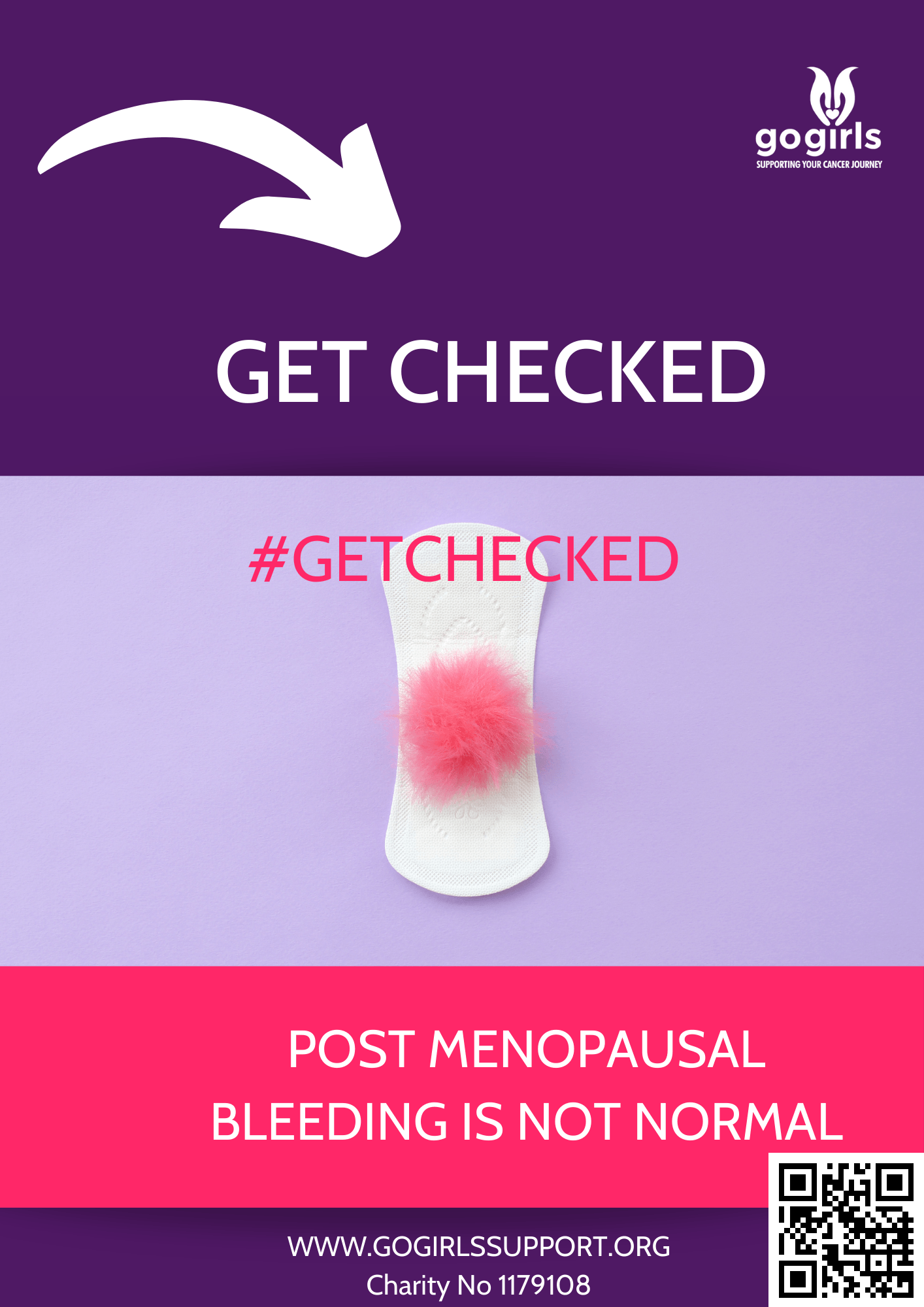Don't pay #lipcervix to your smear tests: it could save your life
- by Hilary Maxwell, Chair
- •
- 31 Aug, 2018
Smear tests - guess no one loves them. Right? But with cervical cancer being the most common cancer diagnosed in women aged 35 and under, can you afford to ignore your smear test?

This September sees the launch of GO Girls! campaign #lipcervix to mark the start of gynaecological cancer awareness month. Women attending for smear tests has reached a 20 year low, putting many women at risk of the disease. In 2009, when reality TV star Jade Goody died from cervical cancer, nearly half a million women took up the offer of a cervical smear test, but was has happened since then? Some argue that the introduction of the HPV (human papilloma virus) vaccine has made women complacent and others say they are just too embarrassed.
For Julie Gosling, from Wimborne, when her daughter was diagnosed at just 28, her world fell apart. "I felt sick to the pit of my stomach. I had had this feeling that something was not right for several months before Holly was diagnosed. Hearing the word cancer terrified me - it's something no mum should have to see her daughter go through".
For Holly this had been her first smear test, but all had not been right for some months before. Holly, however, was lucky. After being treated successfully at a specialist centre in Manchester her life has moved on. But Teresa Wolff Vice Chair of the GO Girls!, who support women with gynaecological cancers, says this is not the same for all women. "Cervical cancer is, we know, largely preventable. We have had a national screening programme since the 1980s, aimed at picking up any abnormalities early and treating them. But over the last year, GO Girls! have sadly lost 3 young women - all under the age of 40 - to cervical cancer. The common thread to all was that they had not attended their smear tests. Would you want to take that risk for you or your family? A five minute smear test could save your life - that's just 5 minutes out of your life".
With 900 women dying each year from the disease - a staggering 28% of all those diagnosed, GO Girls! are encouraging all women to attend their smear tests. To help promote their message, they have produced a short animation "don't pay lipcervix to your smear tests" to raise public awareness of the possible consequences of not attending. "I could not begin to ever imagine my life without Holly. To know that mums and dads have lost their daughters, children their mothers and husbands their wives, doesn't bear thinking about, but all women can do something about it by booking their smear test today".
GO Girls! is the only charity which supports all women in the UK living with a gynaecological cancers. Hilary Maxwell, Chair of the GO Girls! said "Life is about choices; 5 minutes could save your life".

Recent Articles

In the process of becoming a lawyer, Jessica has played a pivotal role in assembling and guiding several businesses on a multitude of levels that assist in promoting ethical, social and industry standards. Alongside providing hands-on support to businesses, Jessica is a founder of charity Bona Fide, where she established and drove forward the ‘Beyond Bluewashing’ initiative, to bring public attention to the unethical corporate world and its effects on society. In addition, she has published many academic journals, articles and law reviews in the area of business law, as well as encouraging corporate philanthropic encouragement. Jessica is a keen advocator for causes close to her heart, one of which is related to GO Girls, as she is passionate about propelling forward awareness on these overshadowed cancers that impact many globally.













